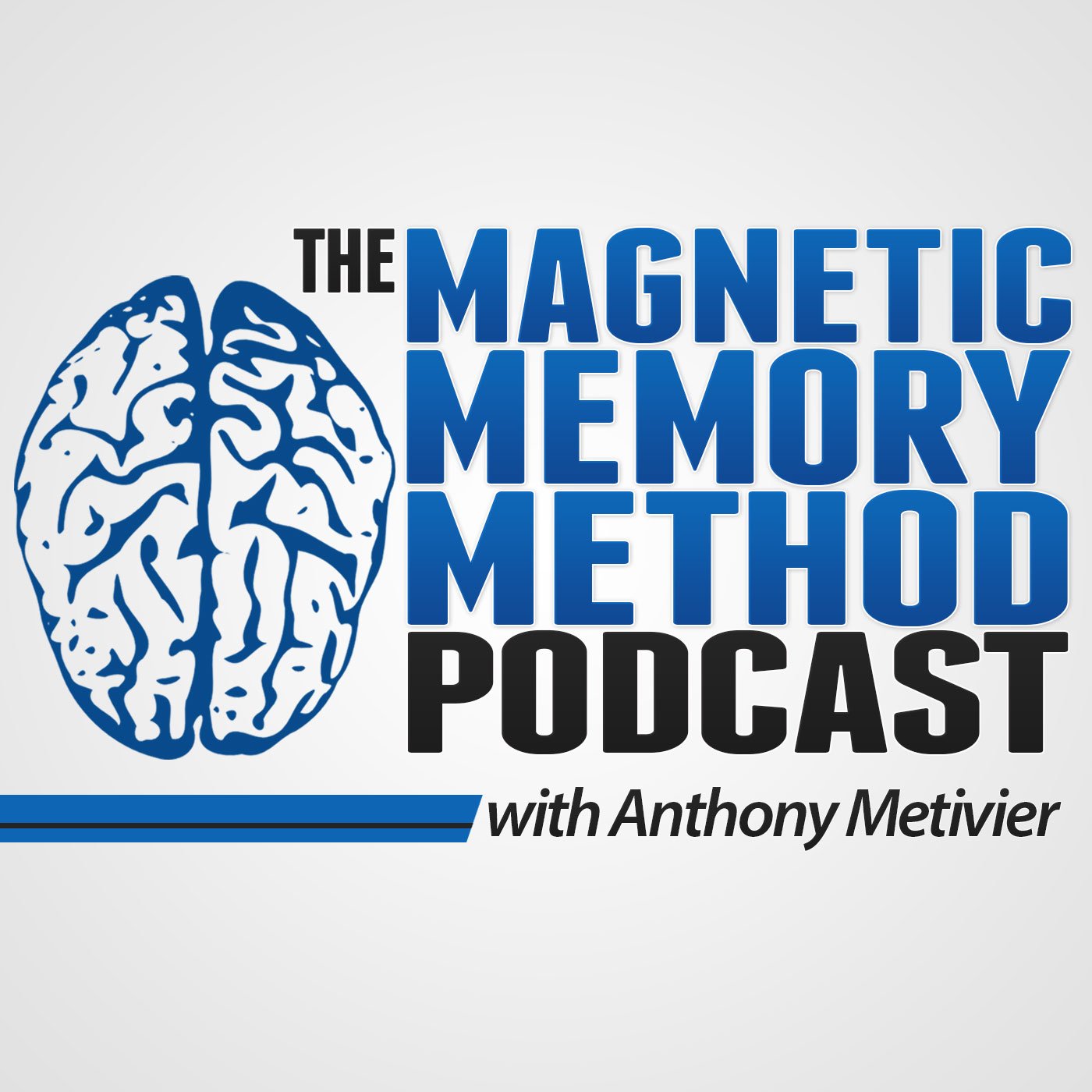Cognitive Training Myths Busted: 5 Authentic Brain Boosters To Try
Description
 Are you wondering if brain training actually works?
Are you wondering if brain training actually works?
You’re not alone. Many people try memory apps or puzzle games only to wind up disappointed.
The truth is that real cognitive training doesn’t come from playing games on flashy apps.
As the founder of the Magnetic Memory Method, author of The Victorious Mind, and a memory coach with over a decade of hands-on experience, I’ve helped thousands of people get real results.
The results come from proven mental techniques used by memory champions, language learners, and even brain injury survivors.
In this post, you’ll discover what cognitive training really is.
I’ll also expose why most apps fail.
And you’ll discover 5 research-backed ways that actually improve your memory, focus, and learning speed.
The best part?
The improvements you seek can start to emerge faster than you might think.
Ready to dive in?
Great, but before we get to any specific routines you should follow, let’s address the elephant in the room.
Can Cognitive Training Really Improve Memory?
The answer is absolutely yes.
But you actually have to train.
You can’t be passive about it.
And you also have to actually need cognitive training.
See, sometimes people who struggle with brain fog actually have dietary issues.
Brain training alone won’t help them. Instead, they need to take a permanent break from foods that harm the brain.
Or it could be that they’re dealing with a variety of stresses or anxieties that lead to thought blocking.
If you have any concerns about these issues, please see a doctor. Although my blog contains information about recovering memory after a stroke, it’s far better for you to avoid having such medical issues in the first place.
And that’s not to mention an entire range of problems only a trained medical professional can help you sort out.
But if you’ve been told by a doctor that you need to look up some examples of cognitive training to give your brain a boost, then cool. Let’s carry on.
Cognitive Training Explained:
How It Works & Why It Matters
As I explained in my post on spaced repetition, cognitive skill training was first studied by scientists in the late 19th century.
In brief, Hermann Ebbinghaus trained himself to memorize over 2000 nonsense syllables. Then, in his quest to understand the nature of memory as a cognitive ability, he tracked how long he was able to remember them.
<figure class="wp-caption aligncenter" id="attachment_31965" style="width: 802px;">
 <figcaption class="wp-caption-text" id="caption-attachment-31965">Learning to use spaced repetition to defeat the Forgetting Curve started in earnest with the research of Hermann Ebbinghaus.</figcaption></figure>
<figcaption class="wp-caption-text" id="caption-attachment-31965">Learning to use spaced repetition to defeat the Forgetting Curve started in earnest with the research of Hermann Ebbinghaus.</figcaption></figure>His experiments led to great interest in what scientists call learning potential. There are entire books on how to assess it and even attractive university scholarships for people interested in studying it.
In a phrase, the definition of cognitive training boils down to brain plasticity. It’s the idea that certain activities can make your brain better.
These activities can involve everything from neurobics to brain games and memory games. One of my favorite neurobic activities is juggling while reciting the alphabet backwards:
Or you can perform concentration meditations or even just read more to improve your mind and memory.
The key thing is to avoid brain training apps. Scientists now agree that the evidence just isn’t there to support using them.
If Apps Don’t Help, What Does?
For the “training” part to be meaningful, it’s important that you’re consistent. Sadly, consistency to their chosen source of mental stimulation is a step many people miss.
As Dr. Christine Till discovered while researching the cognitive training software called Cogmed, people only received substantial results when they paired the software experience with personal coaching sessions.
Please consider this point before spending even a minute with any of the brain training games out there.
Online games might be entertaining, but without the proper features cognitive activities need to have in order to serve you, they’re also potentially empty.
I also covered this issue in detail during my Reddit AMA on memory and learning, where you’ll find dozens of questions about getting real brain boosts in the context of various people’s lives.
Cognitive Training Benefits
Now, provided that the activities you choose actually provide cognitive improvement, you stand to enjoy all kinds of benefits. These include:
- Improved memory, both short-term and long-term
- Improved attention and focus
- Better brainstorming and critical thinking abilities
- Improved ability to memorize vocabulary using a variety of memory techniques
- Faster results when learning new skills
- A shot at developing what Harry Kahne called multiple mentality
Cognitive Training Downsides
Technically, there are no downsides. Using your mind is a wonderful thing to do.
However, self-deception is a problem. People wind up spending a lot of time on activities that don’t actually do much for them.
<a href="https://e5hougg55fx.exactdn.com/wp-content/uploads/2020/09/stress-how-to-improve-mem





